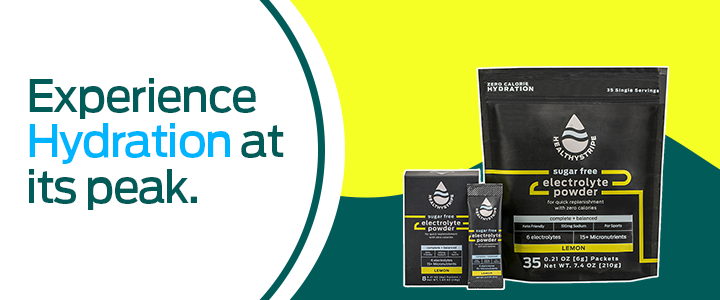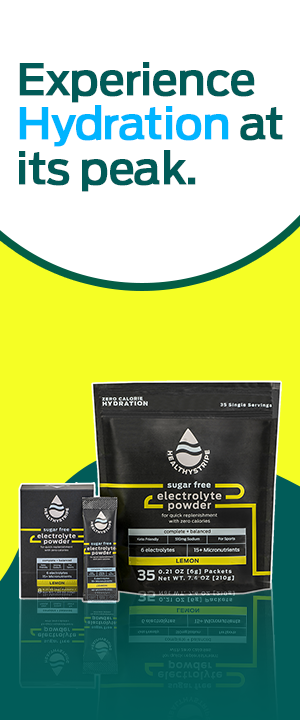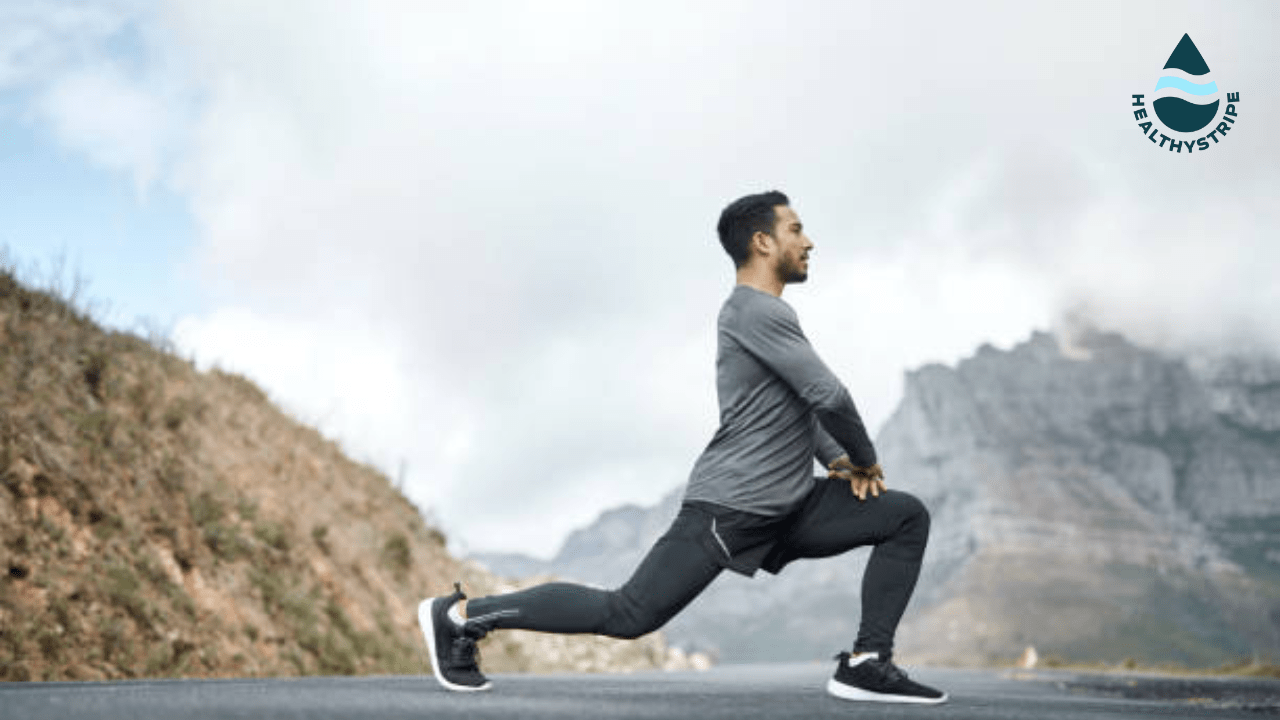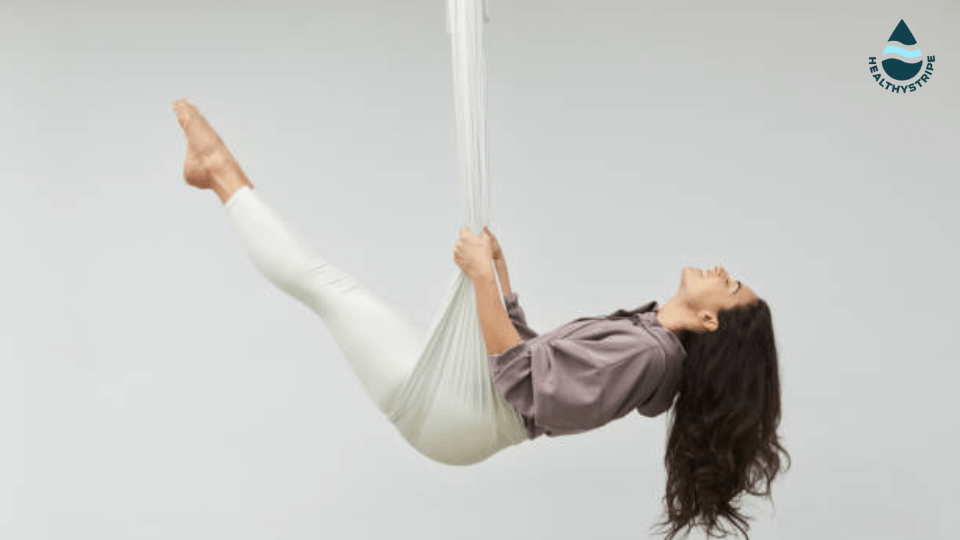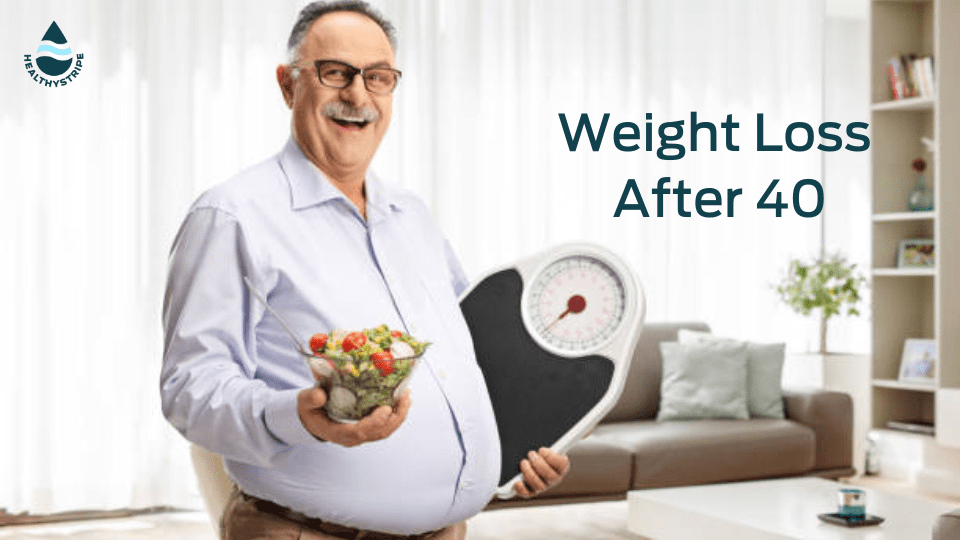Sweating During Workouts: Good or Bad?
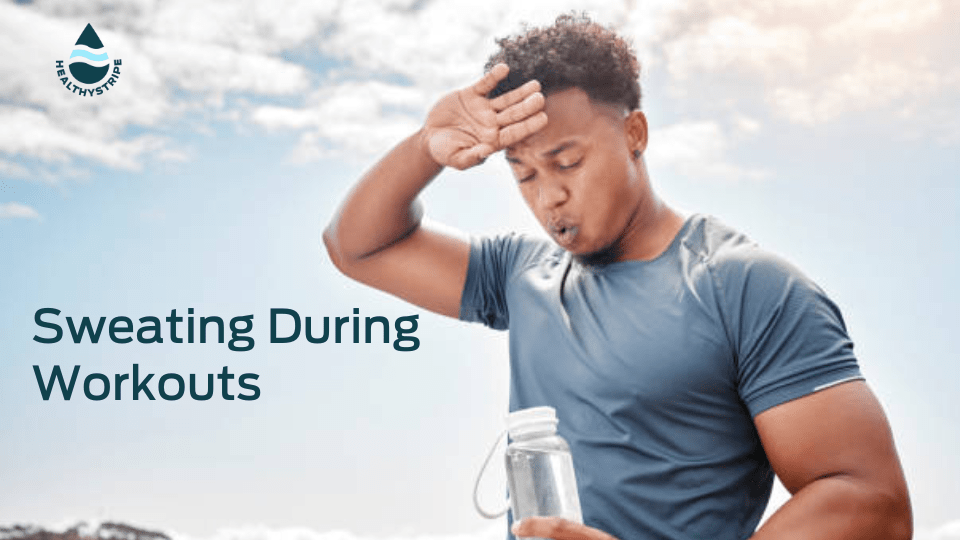
Is sweating while working out a blessing or a burden? Try pushing yourself to the limit; you’ll feel the burn and start to perspire. Is that moisture cause for celebration or cause for concern? Not to worry; the response is an unequivocal “yes.” Sweating when working out is a great testament to your body’s toughness and fortitude; it shows that you’re exerting yourself and getting amazing results.
Your body warms up when you work out. Sweating is a smart way of keeping cool and maintaining a normal body temperature. Droplets that land on your skin dissipate heat as they fall, letting you play longer and work harder.
However, sweating has uses beyond regulating body temperature. In addition to sweating, your body releases toxins while you perspire. From the beginning through March 22, 2011, reports of toxicant concentrations in sweat were sought in Medline, Embase, Toxline, Biosis, and AMED, as well as reference lists and gray literature, according to a study by the NCBI published in Arsenic, Cadmium, Lead, and Mercury in Sweat: A Systematic Review. These compounds can be found in higher amounts in sweat than in plasma or urine, especially in those with a heavier body load or exposure.
While at the gym, when you push through those lunges and squats, it’s like giving your body a revitalizing cleanse. Sweating during workouts has a significant influence on your whole fitness journey, in addition to the physiological advantages. Sweating at the gym is physical proof of your hard work and devotion and concrete evidence of your success. You are increasing your endurance, cardiovascular fitness, and metabolism while you saturate your shirt with resolve. Sweating becomes a sign of success, proving that you’re moving in the correct direction to achieve your fitness objectives.
So, the next time you notice drops starting to develop on your forehead, be proud of them. They stand for your body’s steadfast dedication to brilliance. Exercise-related perspiration is not only beneficial but also a concrete sign that you are pushing your limits and reaching your full potential.
Why do you sweat more after exercise than during it?
Your body produces heat and boosts its metabolic rate when you work out. Your body starts to perspire in an effort to prevent becoming too hot. Your body temperature is regulated by sweat glands, which secrete moisture into your skin, which later evaporates and releases heat. According to the NCBI, water makes up the majority of the bodily fluid generated by the sweat glands, or perspiration. Its production is influenced by a variety of social and environmental factors and varies greatly. Its normal operation is hampered by a number of illnesses or disorders.
After you finish working out, your body continues to produce sweat for a little period. This post-exercise sweating is known as “post-exercise thermogenesis.” For a variety of reasons after exercise, sweat tends to increase:
- Heat retention: Because of the increased metabolic rate during exercise, your body continues to retain heat even after you stop. The body continues to cool off and return to a normal temperature as a result of sweating.
- Core temperature control: After exercise, your core temperature stays elevated. By releasing stored heat, sweat helps keep the core temperature steady.
- Enhanced blood flow: Physical activity improves blood flow to the skin. Blood vessels in the skin are still dilated after exercise, which encourages ongoing sweating.
- Hormonal Response: After exercise, some hormones, such as adrenaline and norepinephrine, stay high and stimulate the activity of the sweat glands.
It’s crucial to remember that the quantity of post-exercise sweating might vary depending on the type and length of exercise, the environment, and individual characteristics like fitness level and heredity.
How do I control sweating while working out?
Excessive sweating during workouts can be uncomfortable and may warrant attention to ensure proper hydration and electrolyte balance. In addition to general body sweating, facial sweating during workouts is a typical characteristic and a natural reaction to increased effort and heightened body temperature.
By getting enough water, you can avoid excessive sweating and maintain a healthy body temperature. According to an NCBI study, you lose the same amount of body mass when working in the heat while consuming 237 mL of water every 20 minutes or 500 mL every 40 minutes (-1.6% vs. -1.3%). Plasma osmolality remained constant even though urine osmolality decreased after 500 mL of intake (205 mOsmo/L) compared to 237 mL of ingestion (364 mOsmo/L). When 500 mL were consumed (1.2 mL/min), free water clearance was greater than when 237 mL were consumed (0.4 mL/min). 237 mL of ingestion (68%) had a greater rate of hydration than 500 mL of consumption (63%).
To promote greater ventilation and sweat evaporation, consider training attire made from breathable and moisture-wicking materials. When you take breaks throughout your workout, your body can cool down and you can wipe off extra perspiration. If at all feasible, exercise in well-ventilated spaces or with fans to boost airflow and encourage evaporation. Last but not least, build up the difficulty of your workouts gradually to give your body time to adjust and perhaps decrease the amount of perspiration produced. Remember that sweating is a normal occurrence, but if it persists or causes noticeable pain, it is best to see a doctor for a more thorough assessment.
Causes and benefits of excessive sweating during exercise?
Hyperhidrosis, a condition that causes excessive sweating during exercise, may have a variety of causes and benefits.
Causes:
Some of the probable causes of excessive sweating during exercise include genetics, overactive sweat glands, hormone imbalances, certain medicines, anxiousness, or underlying medical conditions. Some folks are merely more inclined to sweat excessively during physical activity due to their particular physiology.
Benefits:
Even though excessive perspiration might be uncomfortable, there may be some advantages. First of all, it is a physiological process that assists in maintaining body temperature during strenuous activity. The body cools down more quickly when it perspires a lot, minimizing overheating and sustaining peak performance.
Additionally, profuse perspiration may be a sign of a harder workout, implying that you are pushing yourself and your body to their limits. This may result in better calorie burning and increased endurance. After a difficult workout, sweating may act as a psychological motivator by making you feel successful and content. It is safe to say that sweating and fitness are always in sync, giving positive results.
However, it is advised to speak with a healthcare provider to rule out any underlying illnesses and go over potential treatment choices if excessive sweating starts to irritate you, interferes with your everyday activities, or is accompanied by other unsettling symptoms.
The more you sweat, the more you should drink.
In general, the adage “the more you sweat, the more you should drink” holds true when it comes to ensuring sufficient hydration when working out. Your body loses water and electrolytes as you perspire; these nutrients must be replaced if you want to stay hydrated and perform at your best.
Sweating more during workouts can be a sign of increased intensity and effort, which can lead to improved fitness gains and calorie burn. However, it is important to maintain hydration and replace lost fluids to avoid dehydration. Drinking enough liquids while exercising will help replenish lost fluids and keep you hydrated. To make sure you are well-hydrated throughout and after your workout, it is crucial to drink. Your demand for fluid varies depending on a number of variables, including the type and length of activity, the atmosphere, and your personal sweat rate.
It is advised to pay attention to your body’s thirst signals and drink only enough to slake your thirst. Additionally, keeping an eye on the hue of your urine can act as a quick and easy gauge of your level of hydration. Dark urine may indicate dehydration and the need for further fluid intake. Pale yellow pee often shows adequate hydration.
If you find yourself sweating more than usual during workouts, it may be a result of increased exertion, higher environmental temperatures, or individual factors such as fitness level or metabolism.
To avoid hyponatremia (low sodium levels in the blood), it’s crucial to maintain a healthy balance and refrain from consuming too much fluid. Hyponatremia can be harmful, particularly when engaging in extended or vigorous exercise. Therefore, it’s crucial to avoid dehydration while also drinking enough to replenish the fluids lost via sweat.
Conclusion
In conclusion, sweating during exercise is typically seen as a healthy and advantageous reaction of the body. By removing toxins via the skin, it acts as a natural cooling mechanism, helps control body temperature, and promotes detoxification. Exercise-induced sweating is frequently linked to increased capability, stamina, and cardiovascular fitness. It benefits people who want to maintain a healthy body weight since it can aid in weight reduction and calorie burning.
Sweating when exercising can psychologically enhance feelings of pleasure and success, which can improve mood and general well-being. The process of sweating generally occurs during workouts and is normally viewed as a positive consequence for the body, even when excessive sweating or sweating unrelated to physical activity may require medical treatment.
People may embrace and appreciate this natural physical reaction as a sign of their diligent effort, commitment, and advancement toward their fitness objectives by learning the reasons and advantages of sweating. To achieve optimal fluid balance when exercising, keep yourself hydrated and pay attention to your body’s signals.
How do I stop sweating so much during workouts?
Does sweating while exercising burn fat?
Exercise-related sweating has more to do with controlling body temperature than it does with burning fat.
How Much Should You Sweat During a Workout?
Although the quantity of sweat generated during exercise varies, a basic rule is to strive for moderate perspiration without being overly dehydrated.
Is it good to sweat a lot during exercise?
Yes, excessive sweating during exercise is typically regarded as a favorable indication since it aids in temperature regulation, signals more exertion, and may be linked to improved cardiovascular fitness and calorie burn.
How do you make yourself sweat quickly?
High-intensity activities, wearing extra clothes, or doing exercises in a warm atmosphere can all help you perspire more rapidly; just remember to stay hydrated and exercise safely.




